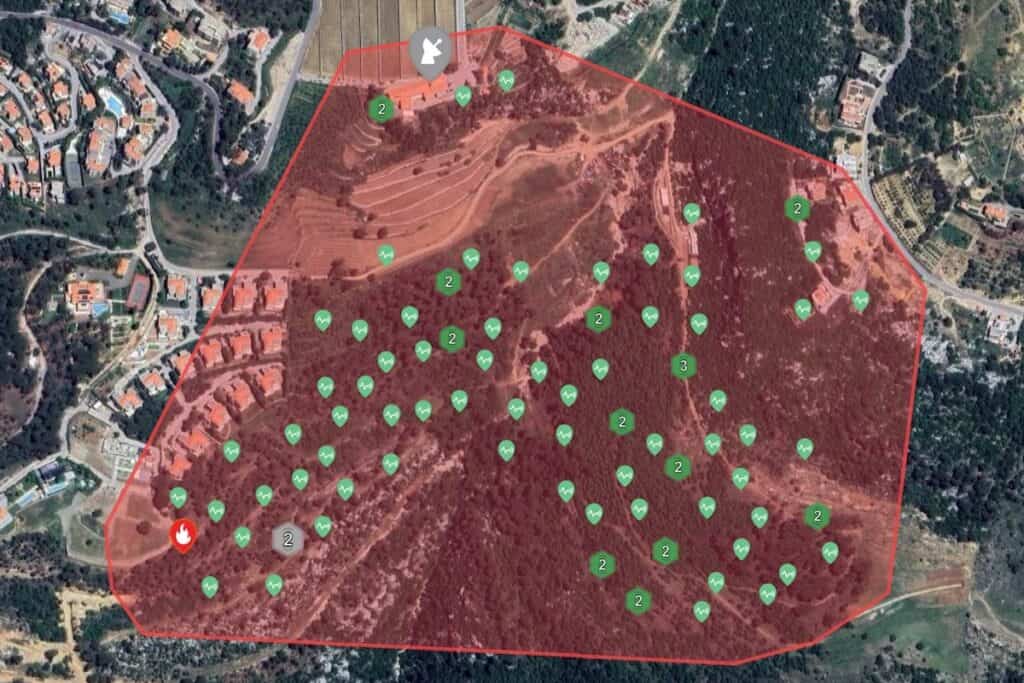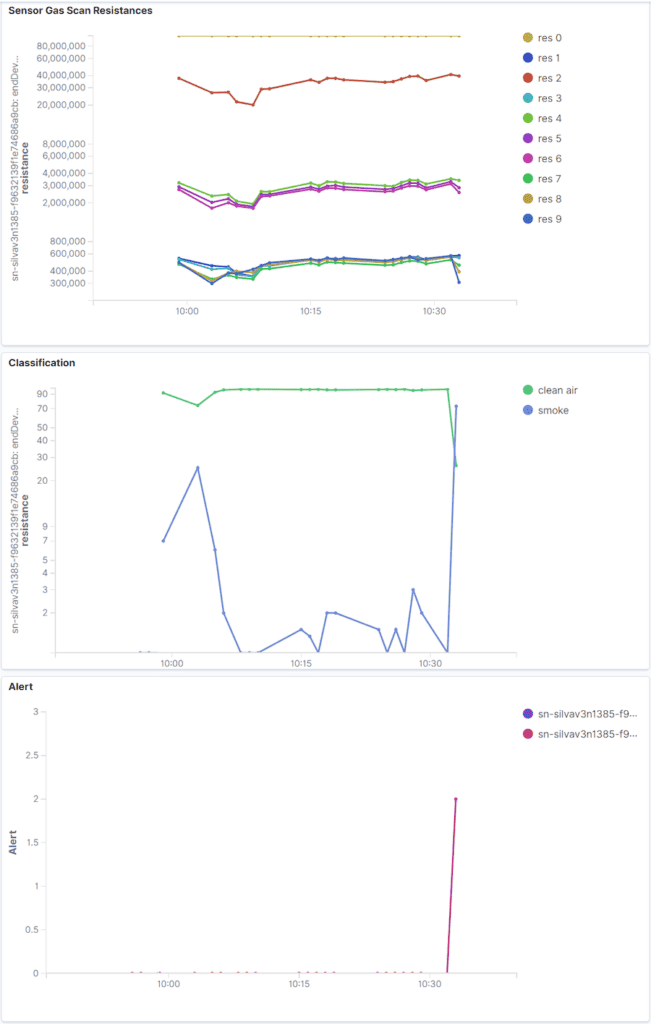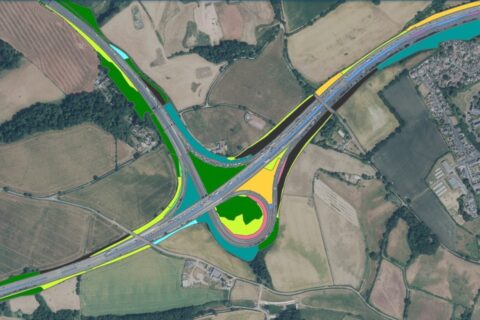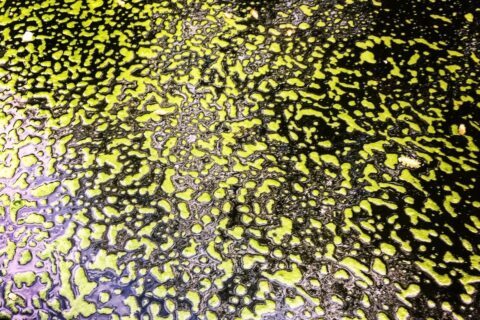
Wildfire detection happened within minutes of an illegal incident at a pilot site in Lebanon, thanks to a solar-powered mesh network in forested areas, plus use of artificial intelligence (AI) and machine learning.
Dryad, a leader in ultra-early wildfire detection, has confirmed that its Silvanet system successfully identified and raised the alarm about an unauthorised fire started at a customer site.
On the morning of Monday 11th December, Mada (XOL Broadband), a leading telecommunications operator in the Middle East and Africa, reported that Silvanet detected a small illegal fire quickly, allowing for prompt, proactive response measures and swift resolution, so preventing escalation.
Success in handling the incident serves to underscore the effectiveness of the technology in real-world scenarios and helps support the case for its potential to play a role in enhancing environmental safety.
Fire risk on rise in hot, dry climate
With its characteristically hot and dry climate, Lebanon faces a substantial risk from rapidly spreading wildfires. It loses 1,500 hectares of forested areas to fires every year, posing threats to communities, natural habitats, and critical infrastructure.
In June this year, a massive wildfire burned in the mountainous Sinn region of Akkar, consuming 90 hectares of forest, devastating centuries-old trees, and causing damage to several homes.
With 139,000 hectares of forest in total, equivalent to roughly 13% of its land area, Lebanon is increasingly at risk. Extended periods of drought pose a threat, elevating the risk of fires in higher-altitude regions that historically experienced fewer incidents.
Additionally, pest outbreaks are contributing to the desiccation of trees before the onset of the fire season. Lebanon’s renowned cedars, along with junipers and firs, are among the endangered forest ecosystems.
Against this backdrop, Mada decided to capitalise on its telecommunications expertise and corporate social responsibility commitments by deploying Dryad’s Silvanet at a pilot site at Deir Mar Moussa in central Lebanon. This collaboration aims to leverage cutting-edge technology to proactively protect nature and address the growing risk of wildfires.
Dryad employs AI-enabled gas sensors within a large-scale, solar-powered mesh network embedded in forested areas. The technology focuses on early detection, providing a crucial prevention advantage.
In the pilot, Silvanet has been deployed since January 2023 with 91 sensors and 2 gateways, covering an extensive 78-hectare area in the forest adjacent to Deir Mar Moussa.
From gas scans, via analytics, to an alert

At the Mada site, Silvanet demonstrated its effectiveness by successfully detecting an unauthorised fire and raising an alert at 10:33am on December 11. The incident involved a farmer burning dry grapevines. This illegal activity posed a severe threat as the fire could potentially spread to nearby forested areas.
The Silvanet system detected a change in air composition through the Bosch BME688 gas sensor. Subsequent gas scans identified hydrogen, carbon monoxide, and volatile organic compounds (VOCs), as seen in the top line graph in the adjacent image.
Silvanet’s AI then analysed the patterns, predicting a 70% probability of smoke at 10:33, triggering an alert via the mesh network to the customer.
The second graph (Classification) provides a glimpse into the inner workings of Silvanet’s AI system, interpreting the gas scans with a pre-trained machine-learning model. The AI system is activated by deteriorating air quality and starts analysing gas scans shortly after 10:00am. At 10:33, it surpasses the confidence threshold of 50% and triggers a fire alert, as seen in the third graph (Alert).
Silvanet’s AI model is the result of extensive research performed over the past three years. The system’s machine-learning is finely tuned and can be adapted to the specific environment of a deployment site.
This specificity minimises the likelihood of unnecessary alerts, enhancing reliability and sensitivity of wildfire detection. To reduce network load and enable large-scale deployments, fine-tuned AI models are executed in the sensors, distributed over-the-air throughout the network, with no physical maintenance.
Looking ahead, Mada has plans for full-scale deployment, safeguarding Mount Lebanon, a region of immense ecological relevance, extending along the entire country parallel to the Mediterranean coast.
This expansion underscores the significance of proactive measures in protecting communities and natural landscapes, says Dr Nassif Bechara, General Manager of Mada:
“Our partnership with Dryad reflects our commitment to leveraging advanced technology for the greater good. Silvanet’s success reaffirms the importance of such collaborations in safeguarding our environment.”
Preventing CO2 emissions and biodiversity loss
Global telecoms solutions specialist Mada serves 250 million customers in 195 countries. Aiming to be the preferred communication provider in the Middle East and Africa, the company offers industry-leading services such as Voice, Messaging, Data, Billing, Fintech, Cybersecurity, and Digital Transformation.
Dryad provides ultra-early detection of wildfires as well as health and growth-monitoring of forests through the Silvanet solution, Silvanet is a solar-powered gas sensors deployed in a large-scale IoT sensor network.
Dryad works to reduce unwanted wildfires, which cause up to 20% of global CO2 emissions and have a devastating impact on biodiversity. By 2030, Dryad aims to prevent 3.9M hectares of forest from burning, preventing 1.7bn tonnes of CO2 emissions.
The pilot-site success represents another step forward for both the technology and its clients, responding to the rising risk of wildfires, concludes Carsten Brinkschulte, CEO and Co-founder of Dryad Networks:
“We are dedicated to refining our technology to address evolving challenges. The recent incident in Lebanon highlights the crucial role of ultra-early detection in protecting vulnerable regions from the devastating impact of wildfires.”
Further Reading:
- More on ultra-early wildfire detection specialist Dryad and its Silvanet system;
- More about global telecoms solutions provider Mada;
- More on UNEP warnings that wildfires could rise by 50% by 2100;
- Also on SustMeme, Half of humanity affected by land degradation;
- Also on SustMeme, Crowdsourcing AI to fight deforestation;
- Also on SustMeme, Risk: Wildfires, Hurricanes & Brexit;
- Also on SustMeme, Football pitch of rainforest lost every 6 seconds.
Check out the full archive of stories on the SustMeme Climate & Energy Channel, now available to Sponsor.






